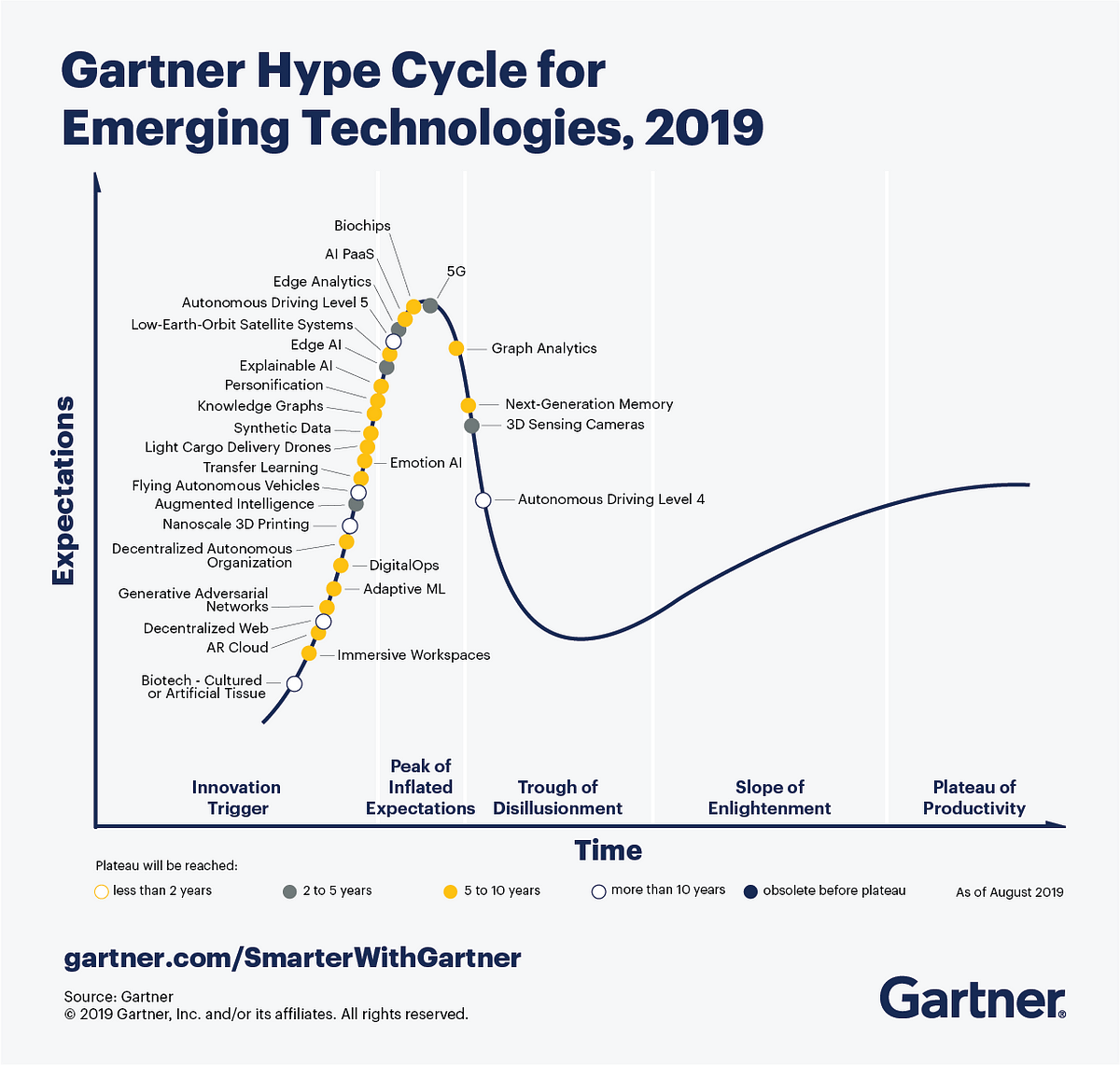


We are learning how to make machines as smart as they ought to be if having access to the all databases of the world.īut it’s the revolution of the terms. So, we are not just processing data anymore. As far as we have come to the next stage, it should be marked somehow, shouldn’t it? To aloud the fact of transition and to mark a starting point of the new development line. This Hype Cycle tracks the progress of various technologies, practices and disciplines in enterprise information management to guide CIOs and CDOs embarking on or expanding an EIM program. Published: 27 July 2015 ID: G00289755 Analyst(s): Mike Walker, Betsy Burton Summary Gartners Emerging Technologies Hype Cycle brings together the most significant technologies from across Gartners research areas. Recognizing information as a strategic enterprise asset means that information must now be managed as an asset. And we had to make all that previous way to come to this understanding.īut we should never forget that the power of a Word is great in the contemporary world. Hype Cycle for Emerging Technologies, 2015. No need for humans - we should deliver the responsibility for task management, too. Visualization, analytics are just forms helping to set up a communication channel - between people putting tasks and machines collecting data for the people.īut then the question aroused: “Ok, we get data from many sources, we know how to structure it, we can do whatever we want with it, but what will come next?” That’s actually the idea of Machine Learning. Terabytes are produced yearly and all that huge amounts of information are available for one-second processing now. At first, we learned to quickly handle lots of data - we wanted to help people fulfill their tasks and realize their ideas faster. Why? Because of the well-known rule that the world happily follows since the very beginning: from quantity to quality, it says. The algorithms were invented then, but the time for the full-cycle implementation came in the mid of the 2010-s only. It uses the mechanisms worked out by mathematics in 1970s. I would speak in terms of progress and should start from the most important point: Machine Learning brought no new idea in technology. If it is just the matter of a term, then why the shift has been done in an all-of-a-sudden mode? A sidenote by BaseRide COO Evgeny Makarov. In 2014 experts claimed, that Big Data will reach plateau in a period of 5-10 years. It’s colored pale blue, which means that according to the Gartner forecasts, machine learning will reach plateau within 5 years at max. Exactly in the place, where BD was put in 2014, now is placed Machine Learning. In this year Gartner Hype Cycle for Emerging Technologies there’s no Big Data at all.


 0 kommentar(er)
0 kommentar(er)
